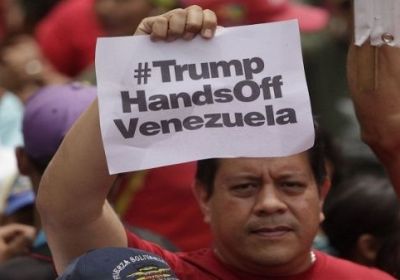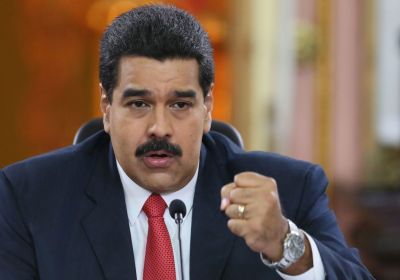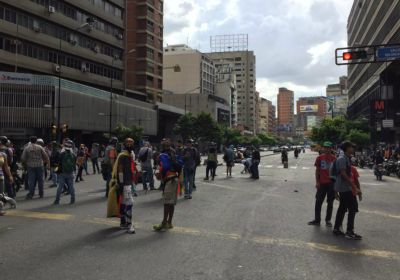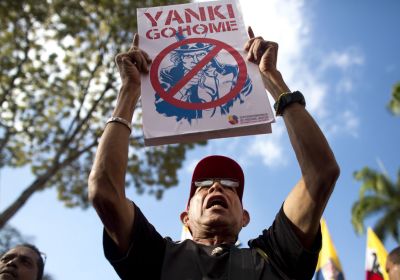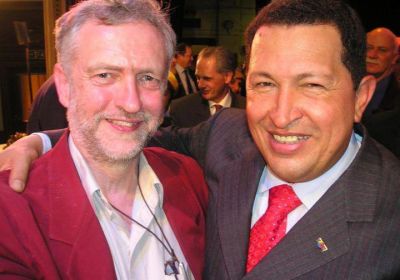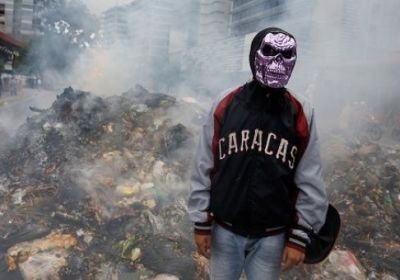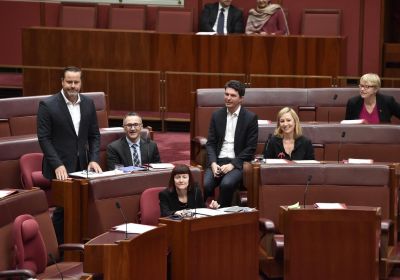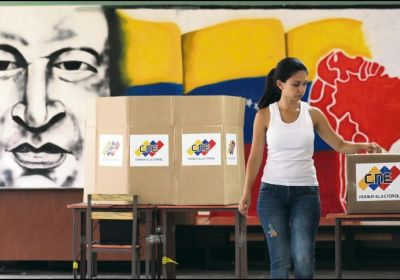
The refusal by presidential candidate Henri Falcón to recognise the results bodes poorly for Nicolas Maduro’s new term as president. The consolidation of a moderate bloc within the opposition that Falcón represented — which recognises the government’s legitimacy — would have significantly cut into the strength of the more intransigent or radical parties on the right and provided Venezuelan politics with much needed stability.
